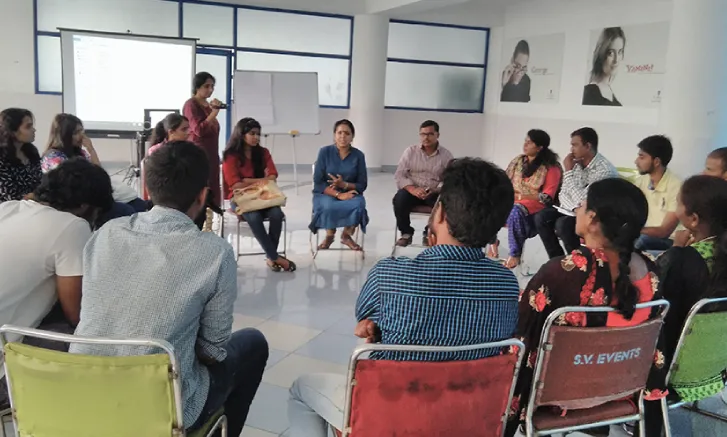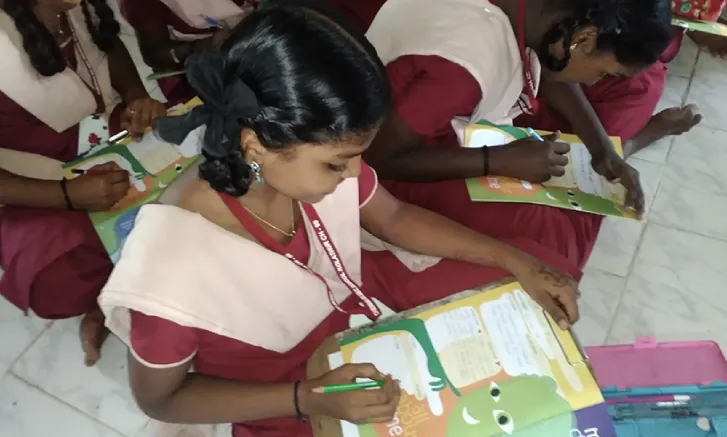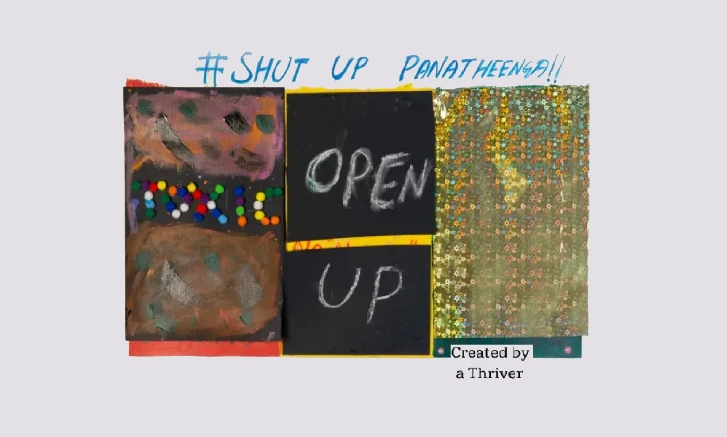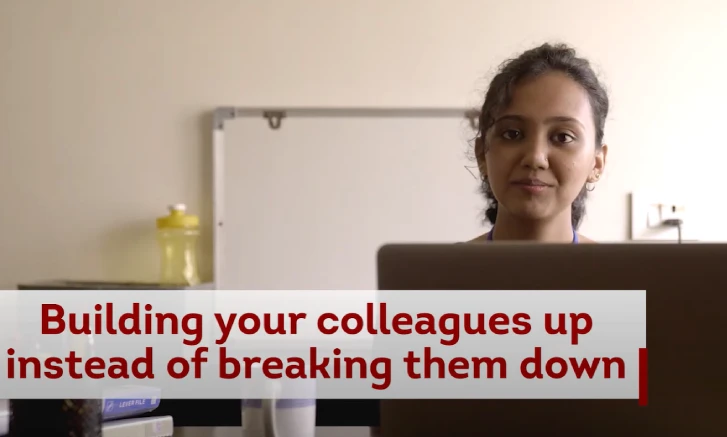


Clapp
Community Led Action Programme With Police (CLAPP) For Women’s Safety At Public Places was a collaborative initiative begun by PCVC and the US Consulate, in Hyderabad in the year 2015-17 to work in collaboration with the police and the student community to arrive at sustainable solutions to tackle sexual harassment in public spaces and within institutions.



Youth Unite
Youth Unite’ intends to create spaces for meaningful dialogues for young people, where they get the opportunity to build their own narrative, that is informed by a thorough understanding and analysis of core concepts like power, privilege, inclusion, identities, justice, respect and equality.
Redrawing Resistance
PCVC is one of the lead organizations that founded and curated Redrawing Resistance: South Asian Women’s Stories of Survival and Resistance. Redrawing Resistance is a collection of paintings, photography, poetry and videos from South Asian women survivors of violence, their families and their artist allies. The collection illustrates the power of South Asian women and their stories in South Asia and across the diaspora.


Workspace Diversity and Inclusion
From Legality to Cultural Change’ is an initiative launched by PCVC with support from the U.S. Consulate General Hyderabad. Having been at the forefront of addressing workplace violence, PCVC believes that interventions and redressal mechanisms need to be supported through cultural shifts.
Neethi: Lawyers Fellowship in Tamil Nadu
Duration: 3 years | Supported by: Azim Premji Foundation
Location: 7 districts across Tamil Nadu (Chennai, Tiruvannamalai, Coimbatore, Tiruchirappalli, Salem, Madurai, Tirunelveli)
Neethi is a legal fellowship aimed at bridging the gap in access to justice for women and queer survivors of violence. The programme supports 21 early-career lawyers—especially those from marginalised backgrounds—with mentorship, intensive training, and district-level placements.Fellows build litigation skills and develop a strong grounding in social justice and intersectionality. Over two years, they work closely with mentors, courts, and civil society actors to support survivors navigating the legal system.The fellowship is building a state-wide network of public-spirited lawyers equipped to offer sensitive, competent legal support where it’s needed most.


Dhwani - Amplifying DV/IPV support services for women and queer survivors in Kerala through a multi stakeholder response system
Duration: 2024–2025 | Supported by: Australian Government (Direct Aid Program)
Location: 14 districts across Kerala
Dhwani aims to build a coordinated, survivor-centered response system for women and queer individuals facing domestic and intimate partner violence in Kerala. The project brings together civil society organisations, One Stop Centres, Protection Officers, and helplines across the state onto a shared platform.Through orientation and capacity-building workshops, Dhwani supports frontline workers in adopting shared principles and referral pathways. A digital and print directory of local services is also being developed, making access to support easier for survivors and service providers alike.The initiative strengthens PCVC’s 24x7 national hotline by improving local response capacity in Kerala and ensures that survivors can find sensitive, nearby support in their own language and cultural context.
Allies in Action – Strengthening Movements for Queer Affirmative Criminal Justice and Civil Society Services
Duration: 2024–2027 | Supported by: AmplifyChange
Location: 38 districts across Tamil Nadu
Allies in Action aims to transform how civil society organisations (CSOs), police, and the judiciary respond to queer and trans survivors of interpersonal violence in Tamil Nadu. The project works across 38 districts to embed queer-affirmative, trauma-informed practices within institutional systems.Through audits, training, and dialogue forums, it builds capacities to reduce bias and improve access to inclusive, rights-based support. Survivor experiences shape the development of tailored resource kits, protocols, and policy reforms. Liaison officers connect communities with institutions to improve accountability and coordination. The initiative fosters long-term change by centering survivor voices and strengthening cross-sector collaboration for safer, more affirming systems.


